
The European Confederation of Police (EuroCOP) is the umbrella organisation for police unions and staff organisations in Europe.
Based in Luxembourg, we represent the interests of police officers across the whole of the European landscape.
EuroCOP is tackling issues from police cooperation across borders to a safer working environment for police officers on the street. We are determined to contribute to European policy debates and provide added value by giving a practitioners perspective.
EuroCOP was established in November 2002, and is an independent, non-profit and secular organisation and has no affiliation with any government or political party. Financed through member contributions, EuroCOP is open to any organisation representing police officers in member countries of the European Union or the Council of Europe.
EuroCOP is the only Police representative body that are members of the European Trade Union Confederation (ETUC) and the European Trade Union Federation (ETUF). EuroCOP also has participation rights in the Council of Europe.
EuroCOP is a non-profit organisation representing the voice of European police officers. Striving to protect the rights, safety, values, and position in society of European police officers, EuroCOP is building stronger channels of communication and cooperation on policing across Europe.
Since EuroCOP’s creation in 2002 we have been fighting to promote four key goals:
By working towards the realisation of these goals EuroCOP is supporting European police forces to keep our society safe and secure.
By 2020 EuroCOP envisions European police officers operating together in an environment of equality, safety and support, provided with the rights, resources, and training to keep Europe’s citizens safe and secure for the long term future.
Achieving EuroCOP’s mission and making our vision for the future a reality is built on clear set of strategic objectives that guide our priorities and actions over the coming five years.
EuroCOP’s three strategic objectives are:
The EuroCOP Statutes is the legal document that explains how the organisation is governed. It answers questions such as:
Standing Orders of EuroCOP
(with changes by EuroCOP Committee in Lisbon, March 10th, 2009)
EuroCOP is composed of three core bodies, who define our vision and mission and shape our activities across Europe: the Congress, EuroCOP Committee and Executive Committee.
The Congress is the plenary body of EuroCOP. Here delegates from all Member Organisations come together every four years in order to elect the Executive Committee and to take other essential and far reaching decisions for EuroCOP.
How many delegates each organisation receives in Congress, depends on the number of members.
The EuroCOP Committee is the body in charge of determining EuroCOP’s policies between Congresses.
Every Member Organisation sends delegates to this body that meets on a bi-annual basis, usually in Spring and Autumn.
The EuroCOP Committee provides EuroCOP with the ability to react swiftly to changes in the political environment and to discuss recent developments without delay.
Elected by Congress, the Executive Committee is in charge of the day to day business of the organization. Its six members meet on a monthly basis and represent EuroCOP towards the outside world. Representatives of the Executive Committee speak at conferences and participate in outreach meetings with EU policymakers in Brussels. The Executive Committee organizes generally two meeting programs per year to ensure that existing relationships are maintained and new relationships are built.
They are also tasked with preparing EuroCOP Committee meetings and Congresses.
The Executive Committee is composed of the President, a first and a second Vice-President, a Treasurer and two further members.
EuroCOP Headquarters are based in Luxembourg
Elected by Congress, the Executive Committee is in charge of the day to day business of the organisation. Its current eight members meet on a monthly basis and represent EuroCOP towards the outside world. They are also tasked with preparing EuroCOP Committee meetings and Congresses.
The Executive Committee of EuroCOP is composed of the President, Vice President, Head of Office, Treasurer and four further members.
Current members of the Executive Committee are:
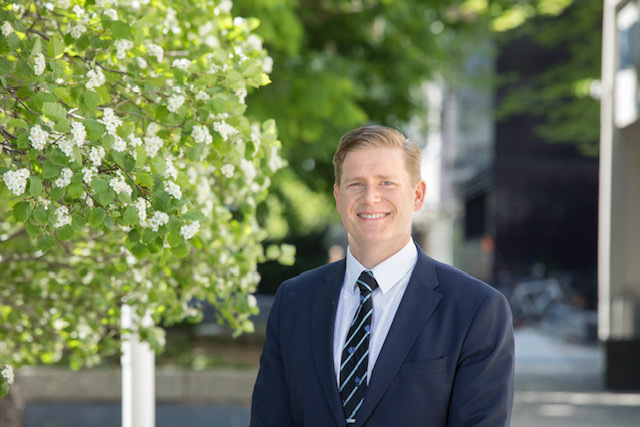
In 2017 he became Chair of Finland’s Police Union.
The union has 80 member organisations that together represent the interests of about 11,000 police officers, employees working in the offices of jurisdictional districts, and professionals in judicial administration, Finnish Security Intelligence Service (SUPO) and emergency services.
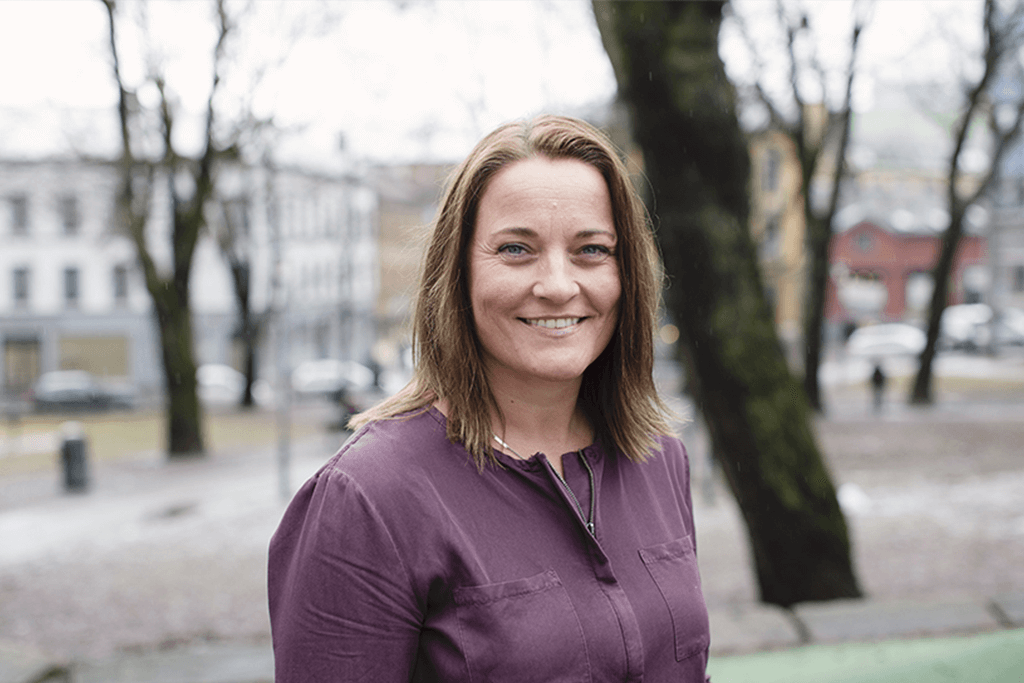
Unn Alma Skatvold was elected as the President of the Norwegian police federation in 2021. The federation organize all members of the police, including civil workers, lawyers and leaders.
Unn Alma started as an police-officer in 1996 and before becoming a full-time trustee she worked at the border to Sweden with mostly border-crime related issues, but also patrolling in her district where she lives.
Unn Alma also has different roles in the second-largest umbrella-organisation in Norway, UNIO. UNIO represent workers with higher education and together with the police are nurses, teachers and scientist among others.

Mark Marshallsay was elected as General Secretary of the British Transport Police Federation (BTPF) in March 2020. Prior to this, Mark served as the Treasurer for BTPF for three years.
Mark joined British Transport Police (BTP) in October 1992 and has performed a variety of policing roles, taking him the length and breadth of the UK, before becoming a full time member of the BTPF National Executive. Since September 2022, Mark has also been a Trustee/ Director of Police Treatment Centres Charities in Harrogate and Auchterarder.

From Barcelona, Catalonia, Spain. Àngels has been with the police since 1992. She is a member of the Catalan police force, Mossos d’Esquadra, and has worked as patrol officer and shift manager on the front line and also in the investigation area.
In recent years, as a commander in the city of Barcelona,Àngels has been in charge of public safety management and as a frontline operational commander in public order operations. She knows first-hand the everyday challenges of the police officers working on the front line. She is currently on duty in the central services of the Police of Catalunya. Her experience allows her to have the insight of the community policing and front line experience and the needs of the officers, while at the same time having a broad vision of the challenges facing policing today.
Àngels was President of EuroCOP from 2015 to 2020.
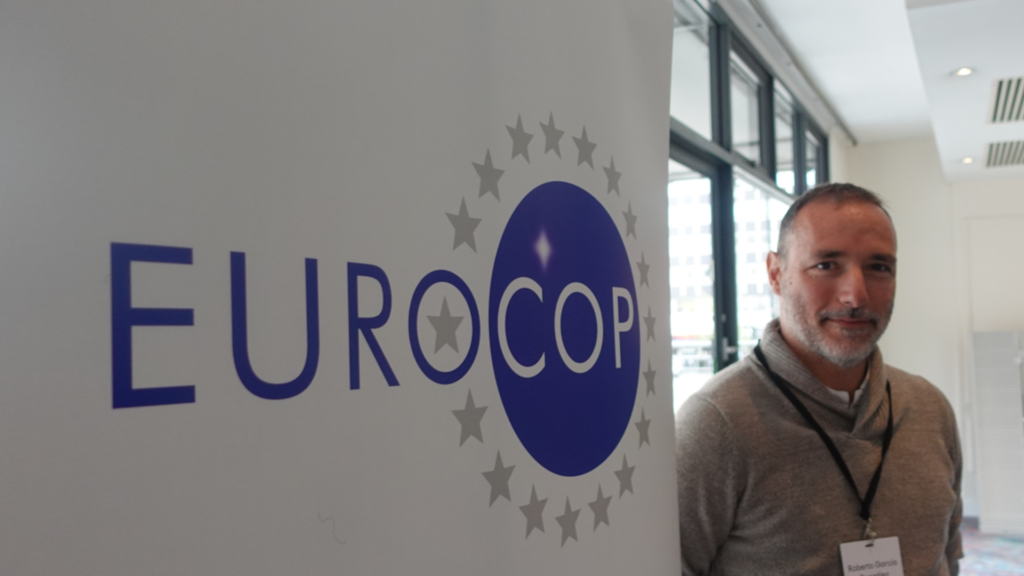
Roberto García González is a member of CCOO, and has acted as their spokesperson since 2019.
Roberto has been serving as a police officer since 2002. In 2008 he became a member of ARRO as well as becoming a Caporal. Roberto was voted in as a member of the EuroCOP Executive Committee Excom at this year’s Spring Meeting in Belfast in April 2023.
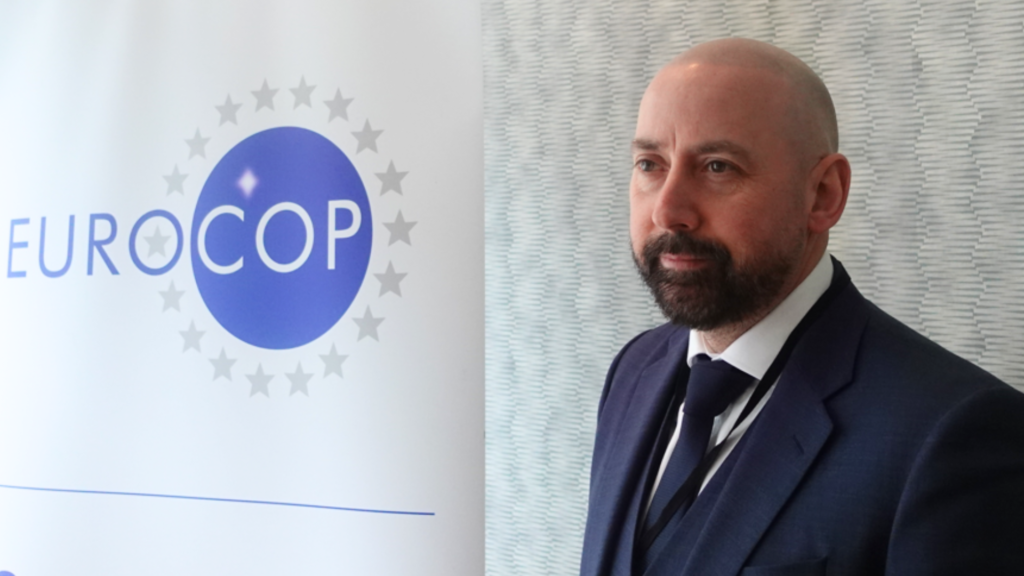
David Kennedy became General Secretary of the Scottish Police Federation in February 2023.
He joined Strathclyde Police in 1996 and has over 19 years police service. He became a federation representative for K Division in 2003 working in the Renfrewshire area. He was elected as deputy secretary of Strathclyde JBB in December 2004 and as Secretary in December 2008.
Following the restructuring of the SPF in 2013, David became the Conduct Secretary before taking up the post of Deputy General Secretary in 2015.

Coming from Athens – Greece, George Stamatakis joined the Greek Police in 1995.
Having served in various Security Divisions of Attica, in 2013 he was elected as General Secretary of the newly formed Union of Police Officers for the west region of Attica and in 2016 until today he is the chairman of this union.
From 2013 until today he is an elected representative of the Panhellenic Police Federation where is serving as a Secretary of Public Relations of the Federation.
He is also Protection manager of the Greek TV show “Police and Society”
From 2014 is an ExCom Member of EuroCop.
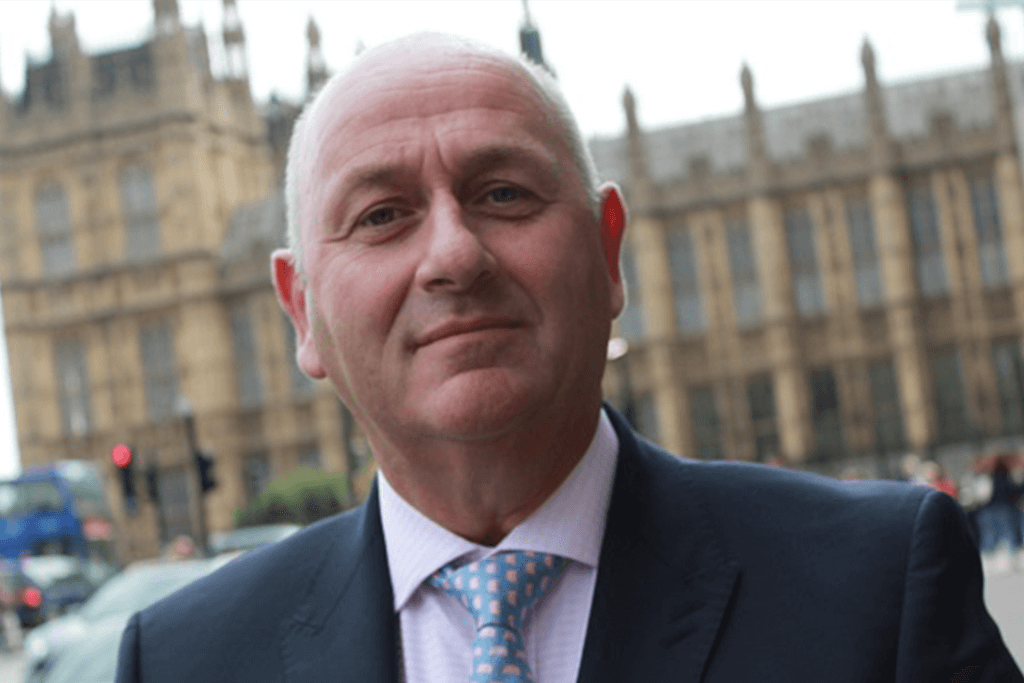
Nigel Dennis commenced his uniformed Police service in 1977 with Hampshire Constabulary. In 1980, he joined the UKAEAC which later became the Civil Nuclear Constabulary in the United Kingdom. He concluded his Police Service in 2020.
During his long career, he has undertaken many and varied operational policing roles that has taken him around the world.
In 2008 he was appointed to the role of Chief Executive of the Civil Nuclear Police Federation.During this period he significantly raised the profile of this organisation and negotiated better terms and conditions for his members that replicated the rest of the UK Police service.
The European Union is a union of 28 member states in Europe. EuroCOP cooperates with practically all institutions of the EU including the European Commission, The Council of Ministers and the European Parliament.
The member state holding the six month EU Presidency also leads the EU’s policy direction of the period. Therefore EuroCOP like to stay in close contact with the member state holding the Presidency.
EuroCOP also holds good relationships with the Commission’s Directorate-General for Migration and Home Affairs (DG HOME) of the European Commission. The Directorate’s task, among others, is to ensure that the European Union provides its citizens with an area of freedom, security and justice. It deals with EU legislation on terrorism, organised crime and police cooperation (EuroCOP position papers). The Commission makes legislative proposals to the Council and then the Justice and Home Affairs Council has the power to decide matters in regard to police cooperation. Similarly, EuroCOP is in regular contact with the Directorate-General for Employment, Social Affairs & Inclusion (DG EMPL) regarding the working conditions and social rights of police officers.
EuroCOP also regularly meets with Members of the European Parliament and contributes to the discussions and ongoing work of the Civil Liberties, Justice and Home Affairs (“LIBE”) Committee on security related topics and the Employment and Social Affairs (“EMPL”) Committee on topics related to working conditions and social rights.
EuroCOP has been affiliated to the European Trade Union Confederation, ETUC since November 2005. ETUC was founded in 1973. It operates at a cross-border level with other European social partners (trade unions and the employers or their representative organisations) to develop employment, social and macroeconomic policies.Within the ETUC, EuroCOP represents the police as one of the 10 European Trade Union Federations the ETUC has recognized. Others include, The European Federation of Public Service Unions (EPSU) and the European Transport Workers’ Federation (ETF). EuroCOP takes active part in ETUC’s Executive Committee meetings, which take place once every two months in Brussels.
Since 2004 EuroCOP has enjoyed participatory status as an Independent Non-Governmental Organisation (INGO) at the Council of Europe (CoE), which strengthens EuroCOP’s voice in the Council of Europe and enables EuroCOP to have more of an influence in matters related to the organisation’s interests.
EuroCOP takes part in the Conference of INGOs, which occurs four times a year, and is a member of the Human Rights Grouping, which deals with among other the European Social Charter.
The INGO conferences serve as an important forum of exchange and platform from which to further EuroCOP’s work within Europe.
The Council of Europe was set up on 5th May 1949 by 10 countries as a regional intergovernmental organisation which promotes democracy, human rights and the rule of law throughout the whole of Europe. It has 47 member states and is headquartered in Strasburg, France. All EU member states are members but it is important to note that the CoE is different from the European Union.
The European Social Charter guarantees social and economic human rights and covers a broad range of individual rights for example fair working conditions and equality at the work place. It was adopted in 1961 and revised in 1996.
The implementation of the Social Charter is monitored on an annual basis through national reports.
If a violation against the charter has occurred a collective complaint can be filed. EuroCOP, as a NGO with participatory status at the Council of Europe, is one of the actors that may do so.
Another important reason for EuroCOP to be involved in the Council of Europe is The European Code of Police Ethics adopted in 2001.
The European Code of Police Ethics enshrines the basic principles that should apply to police services in democratic societies governed by the rule of law. It is more than a traditional code of ethics; it provides a general organisational framework for the police, their place in the criminal justice system, their objectives, performance and accountability. Some parts of the text are intended to serve as model provisions for national legislation and codes of conduct as well as principles for ethical policing.
The European Police College (Cepol) is a European Union Agency established in 2005. Its mission is to bring together senior police officers from police forces in Europe and form a network for them as well as encouraging cross-border cooperation in the fight against crime, public security and law and order by organising training activities and research findings. It is based in Bramshill, England.
EuroCOP has invited guest speakers from Cepol to speak at its Conferences.
The European Police Office (Europol) has a very different task from EuroCOP, even though its names sound similar. Europol provides investigative support to member states’ police services on cross-border crimes and assists them during national operations. It enables information exchanges between European Union countries, provides expertise and support and works to fight terrorism.
Europol deals with very hands-on fighting crime across the border, whereas EuroCOP represents police unions and staff organisations in Europe and deals with police officers ability to perform their tasks properly, among other things.
Europol is based in The Hague, Netherlands and was established in 1992.
The Fundamental Rights Agency (FRA) is an agency of the European Union established to provide assistance and expertise as far as human rights matters go. The agency is based in Vienna and was founded in 2007.
Issues it works on touch upon the same issues as those of the Council of Europe (non EU-institution). These are for example: racism, xenophobia, anti-Semitism and related intolerance.
The European Agency for the Management of Operational Cooperation at the External Borders (Frontex) was created in 2005. It is the external border security agency of the European Union. It was created to integrate national border security systems of EU member states against all kind of threats that could happen on or through the external border of the EU. Its headquarters are in Warsaw, Poland.
The European Agency for Safety and Health at work (OSHA) was established in 1994 to deal with occupational safety and health issues. Its task is to bring together and share EU’s pool of knowledge and information on safety and health related issues, particularly good prevention practices.
The agency develops, analyses and disseminates information about the above issues through developing a network of websites, running campaigns and publishing materials.
EuroCOP’s Health and Safety Subcommittee is working together with OSHA on its campaign “Healthy workplaces”.
The Agency’s headquarters are located in Bilbao, Spain.
The International Criminal Police Organisation is an intergovernmental organization who works for international police cooperation. Europol is its equivalent within the European Union.
Interpol is the world’s largest international police organization. It assists and supports all organisations or authorities whose mission is to fight international crime. Interpol was set up to make it easier for international police co-operation to work.
It was established in 1923, has 187 countries as members who finance the organisation. The headquarters are located in Lyon, France.
The International Council of Police Representative Associations (ICPRA) was established by the Canadian Police Association in 1996. EuroCOP has been affiliated to ICPRA since November 2007.
ICPRA is an international network of police unions which was established by the Canadian Police Association in 1996. It now has approximately 1.5 million members affiliated through national police associations and federations.